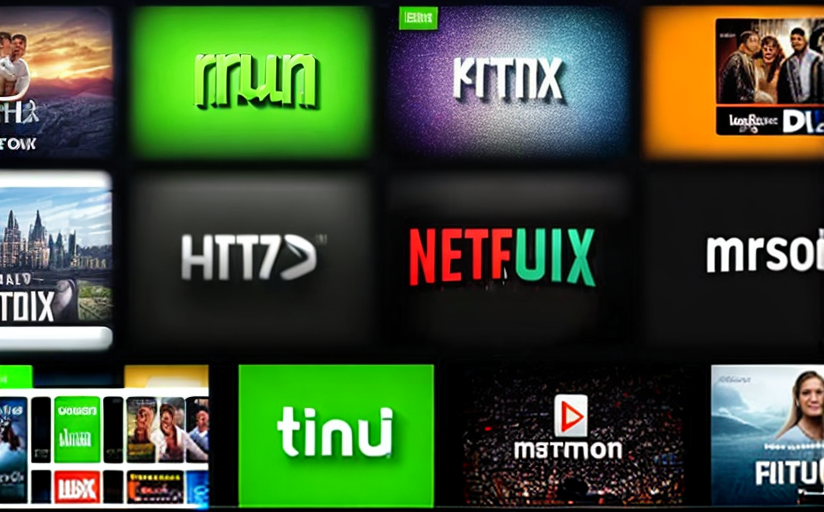The Transformation of Streaming Services and Their Impact on the Entertainment Industry
Genesis of Streaming Services
Streaming services, in the early stages, were primarily a platform for episodes of past television series and minor movies. The genesis of streaming services as a notable platform can be traced back to Netflix's entry into the market in 2007. Streaming was introduced as a complementary service to its DVD rental model.
Development and Transformation
Netflix's successful entry into the market was followed by the inception of streaming platforms such as Hulu in 2008, Amazon Prime Video in 2011, and more recently Disney+ in 2019. These companies made constant advances to improve their technology and content, and begun producing original shows and movies, thereby redefining the entertainment landscape.
Impacts on the Entertainment Industry
Streaming platforms caused a paradigm shift in how content is consumed. In Movie Production, Netflix stands as a perfect example with movies like The Irishman which broke the traditional theatrical release model. On the other hand, in Music Distribution, platforms such as Spotify and Apple Music gave artists a new route to distribute their music bypassing traditional models.
The Rise of Streaming Services and Consumer Preferences
The rise of streaming services is a perfect reflection of the change in consumer preferences. Households have started to prefer the flexibility and convenience these platforms offer over traditional cable televisions. As a timely response to this, traditional networks have begun launching their streaming services, like NBC’s Peacock and AT&T’s HBO Max.
Future Implications
Leveraging the trend, the entertainment industry is set to be further disrupted. With the ongoing pandemic situation, consumers' shift towards streaming platforms has accelerated, fast forwarding the future of entertainment. The battle for subscribers is set to continue and a new era of entertainment consumption is on the horizon. The growth of these platforms will shape not only the production and distribution of content but also the economics of the entertainment industry.

















Comments
Leave a Comment